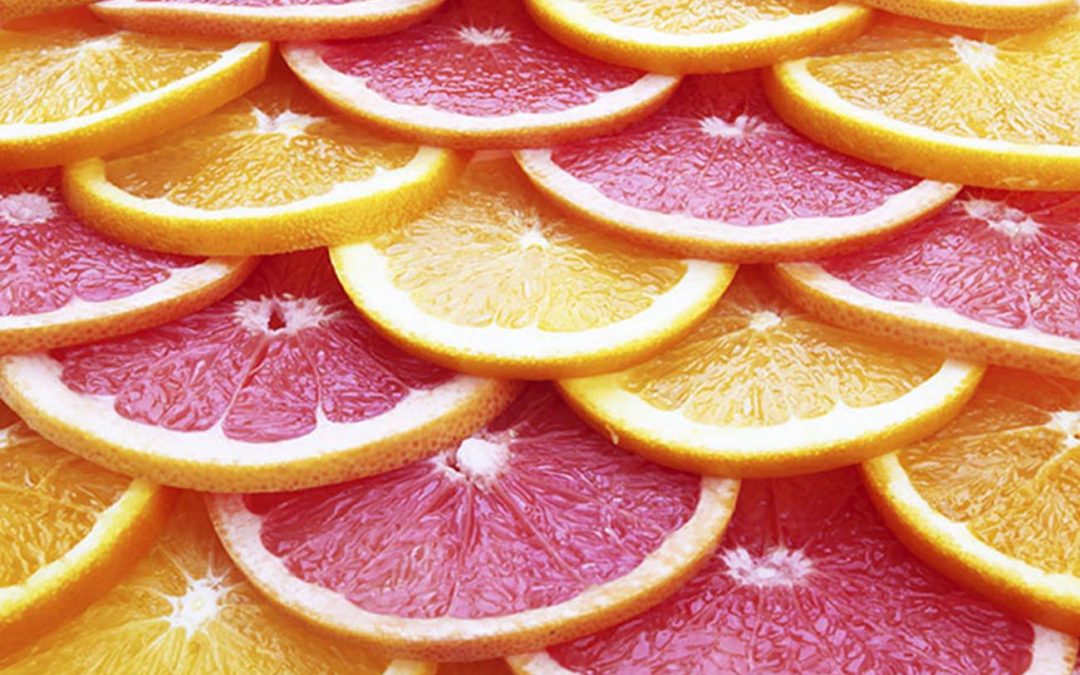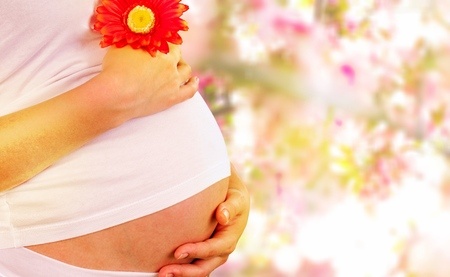Vitamin A: Necessary for maintaining the endometrium and can help improve the quality of cervical fluid. Remember that vitamin A is an antioxidant, but it is fat-soluble. Too much vitamin A supplementation can lead to infertility. We suggest taking in Vitamin A in the carotenoid form, vs. through supplementation. Carrots and sweet potato are an excellent source of vitamin A!
Vitamin E: Like vitamin A, vitamin E is an antioxidant with known benefits in the prevention of miscarriage, endometrial development, and placental health. Choose foods, such as almonds and spinach, that are high in vitamin E daily.
Vitamin D: A recent study published in The Journal of Clinical Endocrinology and Metabolism found that higher vitamin D levels may help improve markers of fertility. It was found that “Vitamin D is an emerging factor influencing female fertility and IVF (in vitro fertilization) outcome, (www.ncbi.nlm.nih.gov)” showing that women with a vitamin D deficiency were 50% less likely to conceive through IVF than women with sufficient vitamin D levels. Optimize your vitamin D levels prior to conception. Remember that we recommend Vitamin D levels reach an optimal 50-60 on your blood test. Get vitamin D naturally by exposing yourself to sunlight for 15 minutes a day, as well as getting it from foods such as tuna, salmon, and some dairy products like cheese.
This article was taken from
http://growbabyhealth.com/marketing/blog/article/meeting-fertility-challenges-with-nutrition




